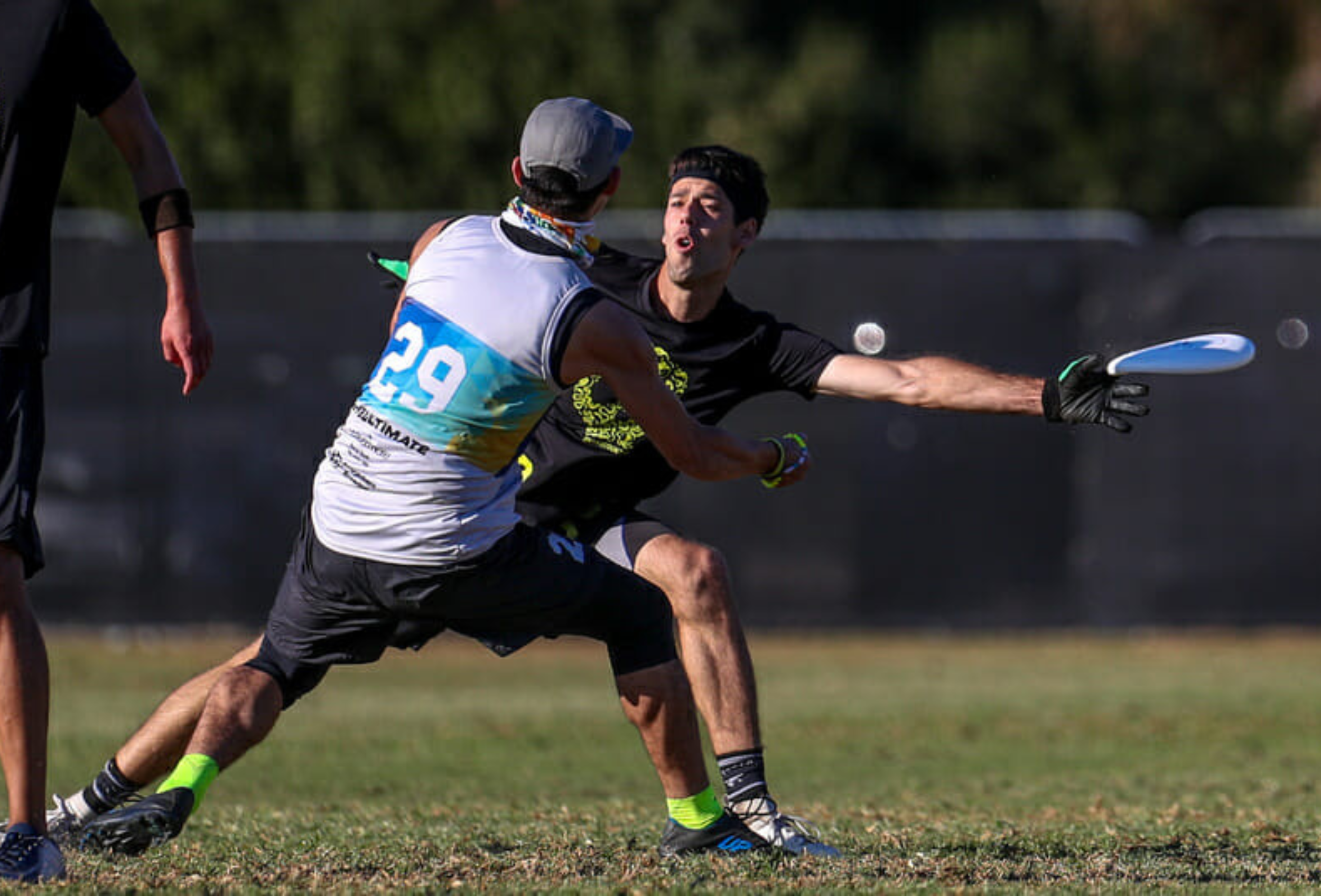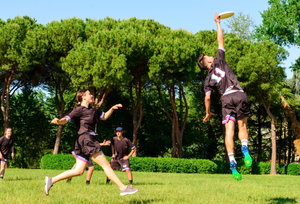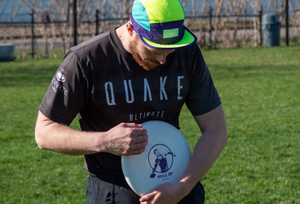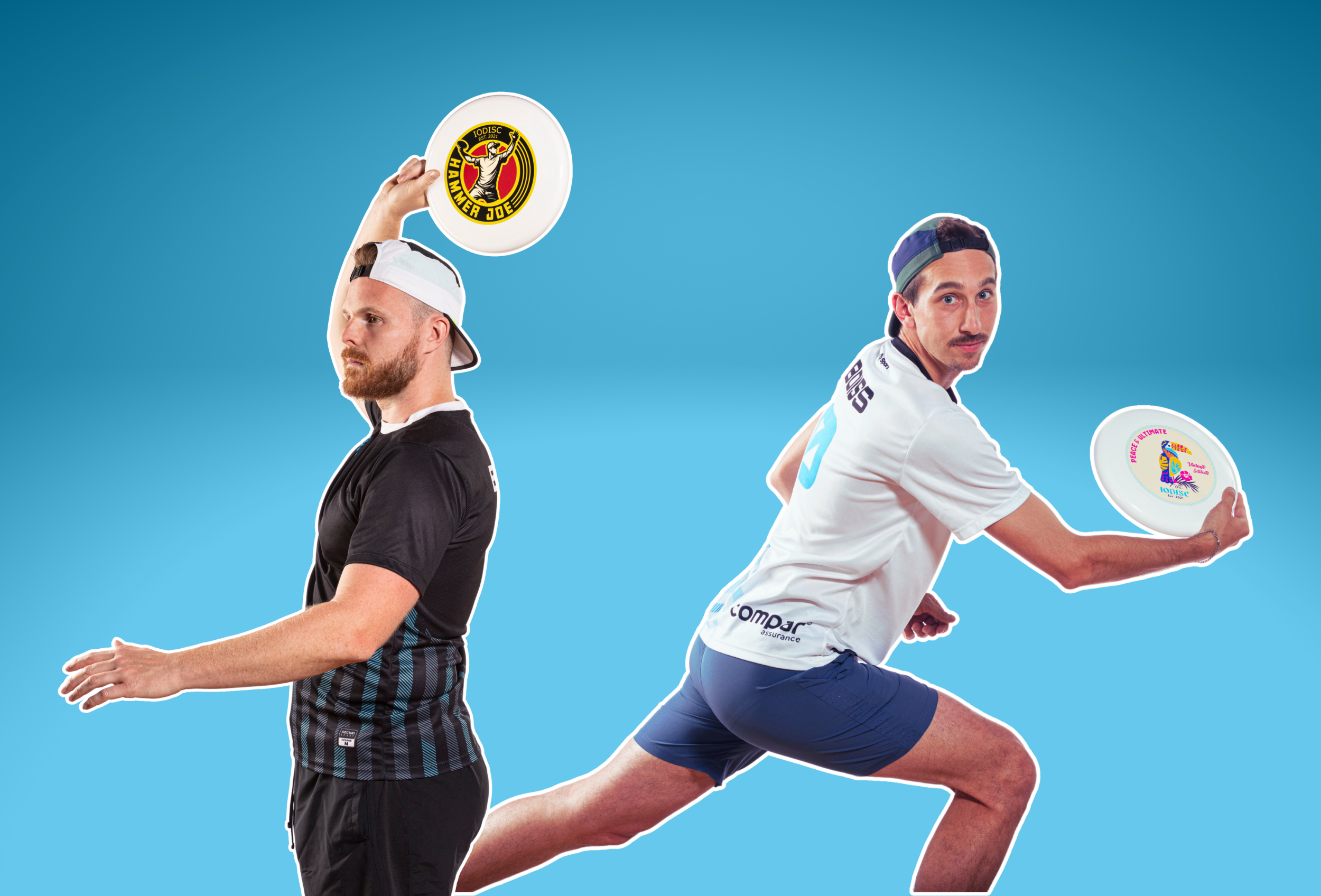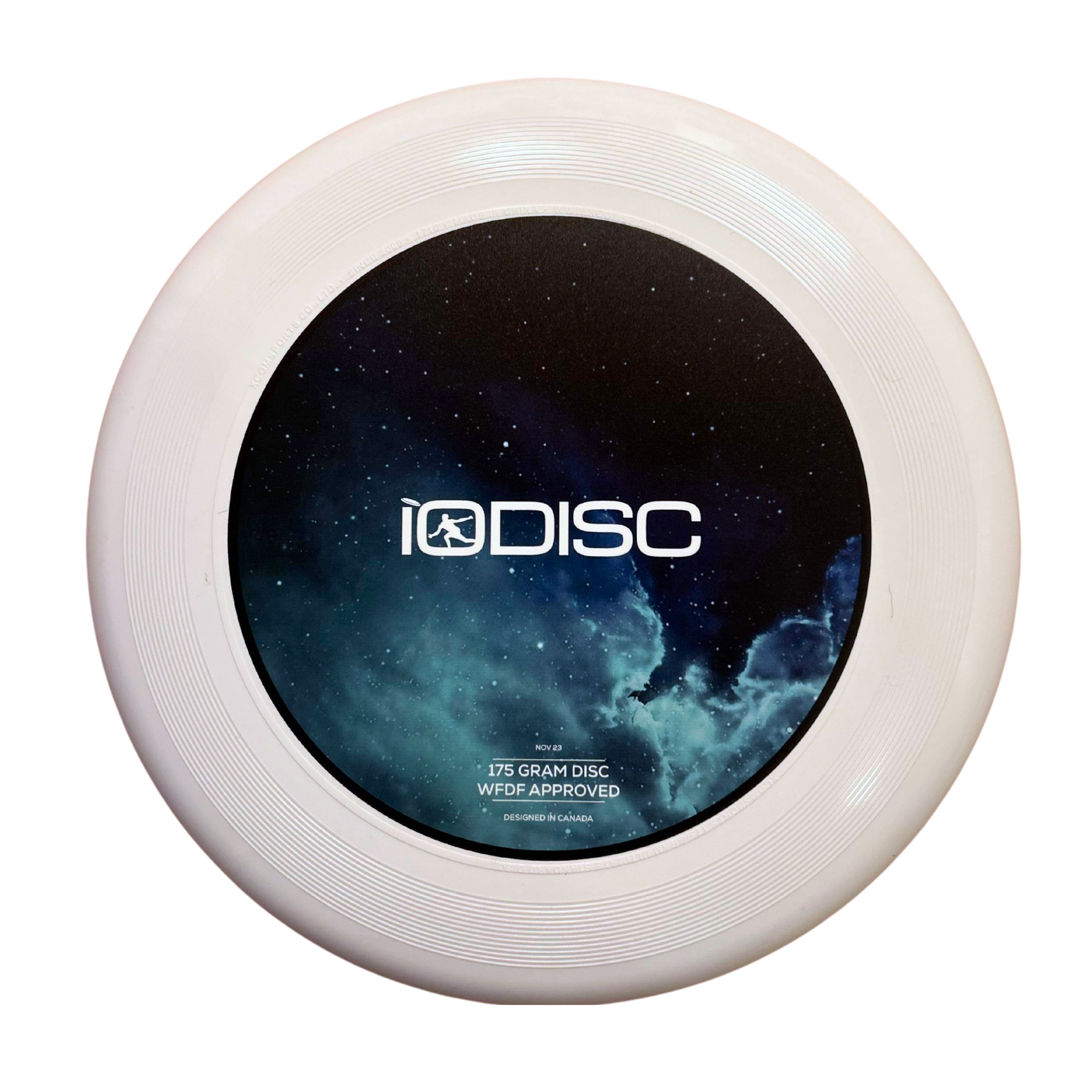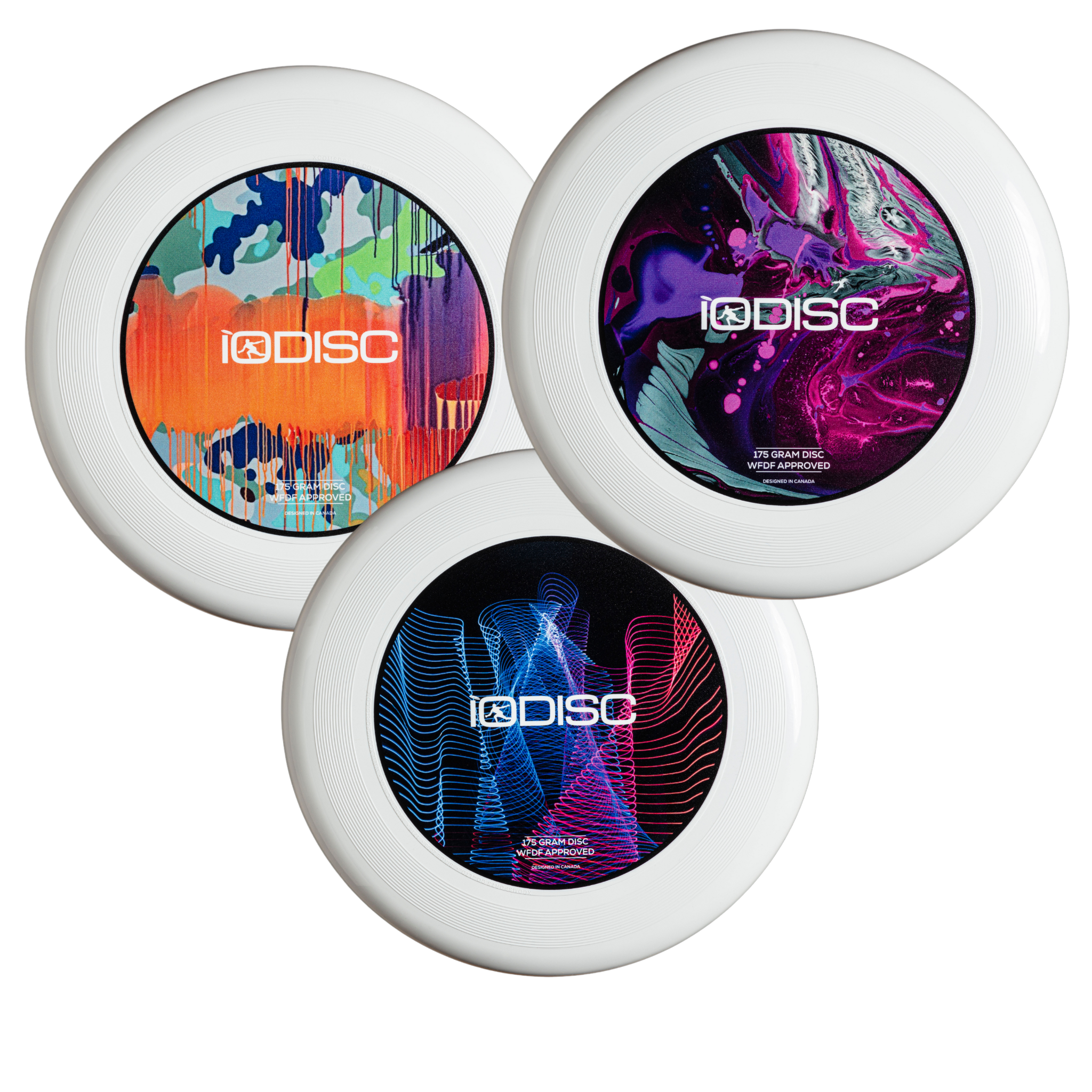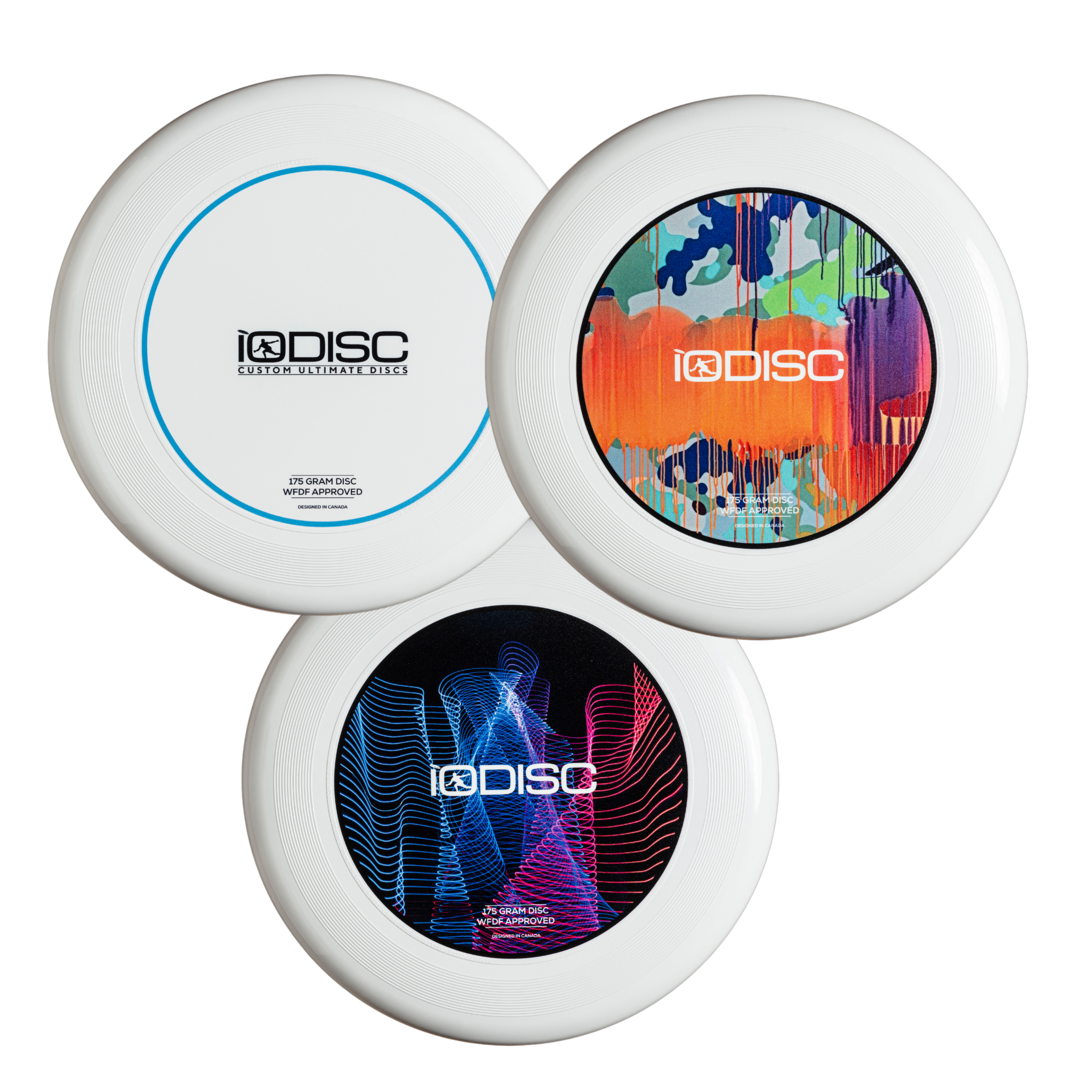Ultimate Frisbee: Violations and Fouls
Ultimate Frisbee is based on precise rules and the Spirit of the Game, ensuring a respectful and fair sporting experience. Here is an overview of the main violations and fouls in this sport.
Brief Reminder of the Rules of the Game
- During an Ultimate match, an infraction can only be called by a player from the affected team who recognizes the foul. The player must clearly call “Foul” or the name of the specific infraction.
- A player against whom an infraction is called can contest if they believe the infraction did not occur.
- Every time an infraction is announced, the continuation rule must be applied.
Continuation Rule
- The game stops when the thrower, in possession of the disc, acknowledges that an infraction has been called.
- If the infraction did not affect play, the game stops, and the result remains as is.
- If the infraction had an impact, the game is reset to ensure fair play.
Main Violations and Fouls
1. Stopping a Rolling Disc
Any player can stop a rolling or sliding disc, but must not intentionally move it in any direction.
2. Dangerous Play
Any contact or action that endangers another player is prohibited. Players must avoid contact whenever possible.
Examples of dangerous play:
- Colliding or diving into a vulnerable or moving opponent.
- Running without looking, creating a collision risk.
- Jumping when it is likely to cause a serious collision.
📢 In these cases, immediately call “DANGEROUS PLAY” and stop the game.
3. Receiving Fouls
A foul occurs when a player makes contact with an opponent while the disc is in the air, interfering with their attempt to catch it.
🚫 Exception: If two players move toward an unoccupied position simultaneously, simply being side by side is not a foul.
4. Forced-Out Foul
If a player, while airborne, catches the disc but gets contacted before landing, which forces them to land out of bounds, it is a foul.
✅ The receiver immediately retains possession of the disc at the designated spot.
5. Blocking Fouls
When the disc is in the air, a player cannot move intentionally to prevent an opponent from reaching it.
🚨 Any non-incidental contact resulting from blocking is a foul.
6. Strip Foul
If a foul results in the loss of possession, it is called a strip foul.
- A strip is called when a player catches the disc but loses it due to an opponent’s contact.
- In this case, the disc is returned to the affected player.
7. Obstruction (Pick)
Any required avoidance or maneuvering to safely bypass an opponent is considered obstruction (pick).
🔊 Obstruction must be called immediately!
📍 If play stops, players must reset to their previous positions before the foul occurred.
8. Disc Juggling
A player cannot deliberately juggle the disc (e.g., pushing, tapping, or directing it) to advance in a different direction beyond the first point of contact.
9. Traveling Violation
The thrower must establish a pivot foot and maintain it until the disc is released.
🏃♂️ If a travel occurs and a pass is attempted:
- If the offensive team catches the disc, play continues.
- If the pass fails, it results in a turnover.
Spirit of the Game: A Fundamental Value
Ultimate Frisbee stands out by having no referees, meaning each player is responsible for enforcing the rules and resolving conflicts with fair play and respect.
📌 Key Takeaways:
- Use common sense to resolve disputes.
- Honesty and good faith are essential for maintaining fair play.
- Respect your opponents and apply the rules in a collaborative spirit.
Conclusion
This guide summarizes the most common fouls and violations in Ultimate Frisbee. By following these rules and emphasizing the Spirit of the Game, you help create a fair and enjoyable playing experience for everyone.
🏆 Enjoy your Ultimate Frisbee match! 🚀


